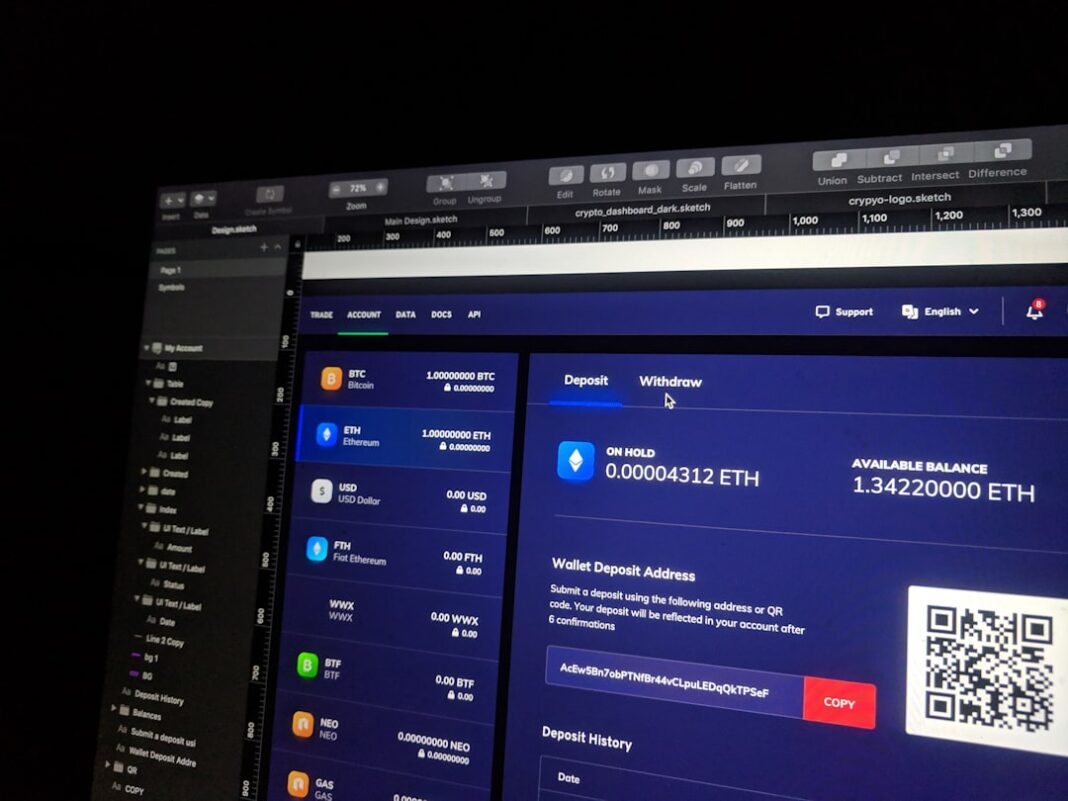Binance founder Changpeng Zhao’s recent presidential pardon represents a complex legal outcome that maintains his criminal conviction while eliminating potential appeal avenues. The pardon, while providing certain legal relief, does not constitute an acquittal or overturn the original finding of guilt. This development creates significant implications for future civil proceedings, as the upheld conviction may strengthen potential civil cases against the cryptocurrency executive.
Legal experts note that by accepting the pardon, Zhao has effectively cemented his criminal record while forfeiting the right to challenge the conviction through appellate channels. This permanent closure of appeal options contrasts with typical post-conviction scenarios where defendants maintain litigation pathways. The preserved conviction record could potentially influence ongoing regulatory investigations and civil lawsuits involving Binance’s operations.
Industry analysts suggest this resolution may establish important precedents for cryptocurrency regulation and executive accountability. The outcome demonstrates how presidential clemency interacts with financial regulations in the rapidly evolving digital asset space. While providing some resolution to Zhao’s criminal case, the maintained conviction leaves open substantial civil exposure that could shape future regulatory enforcement approaches across the cryptocurrency sector.


